Navigating the world of alcohol laws can be tricky, especially when it comes to age restrictions. Each state has its own regulations that dictate the minimum age for entering establishments where alcohol is the primary product sold. Understanding these laws is crucial for both business owners and patrons alike.
In this article, I’ll explore the varying state mandates regarding age restrictions in alcohol-centric businesses. Whether you’re a curious consumer or a business owner looking to comply with local regulations, knowing the rules can save you from potential legal troubles. Let’s dive into what you need to know about minimum age requirements across different states.
Key Takeaways
- State law mandates that the minimum age to enter a business where alcohol is the main thing sold is:: Each state has its own laws regarding the minimum age for entering alcohol-selling establishments, generally ranging from 18 to 21 years.
- Strictly Enforced Age Limits: Most states enforce a minimum entry age of 21, aligning with the national legal drinking age, aimed at reducing underage consumption.
- Conditions for Younger Patrons: A few states allow individuals aged 18 and older to enter alcohol-serving venues under specific conditions, often requiring supervision by a responsible adult.
- Exceptions to General Rules: Certain states have exceptions, permitting minors to enter bars when accompanied by a parent or during special events that don’t primarily focus on alcohol.
- Importance of Compliance: Businesses must adhere to these age restrictions to avoid penalties such as fines or suspension of liquor licenses, emphasizing responsible practices.
- Social Implications: Minimum age laws reflect societal values around alcohol consumption and play a role in fostering responsible drinking cultures within communities.
State Law Mandates That the Minimum Age to Enter a Business Where Alcohol is The Main Thing Sold Is:
State law mandates regarding the minimum age to enter establishments where alcohol is the primary commodity vary significantly across jurisdictions. Each state enforces its own age restrictions, reflecting regional values and social norms. Generally, the minimum age for entry ranges from 18 to 21 years, depending on the state’s regulations.
Minimum Age Requirements
- 21 Years: Most states enforce a strict 21-year minimum age for entering bars, taverns, and nightclubs. This rule aligns with the national legal drinking age, ensuring that only individuals legally permitted to consume alcohol can access these venues.
- 18 Years: A few states permit entry to those aged 18 and older, typically allowing minors accompanied by a responsible adult. These states often regulate conditions under which younger individuals can enter these establishments.
- Exceptions: Some states provide exceptions based on specific circumstances. For instance, certain establishments may permit underage patrons during designated hours or for special events where alcohol isn’t the primary focus.
Enforcement and Compliance
Adherence to state laws is crucial for business owners. Establishments failing to comply with age restrictions face penalties, including fines and potential suspension of liquor licenses. Understanding local age mandates fosters a responsible environment for patrons and promotes legal compliance.
Minimum Age Regulations by State
Minimum age regulations for entering establishments that primarily sell alcohol vary significantly across the United States. Understanding these variations is crucial for compliance and consumer awareness.
Common Age Requirements
Most states enforce a minimum age of 21 years for entry into alcohol-selling venues. States like California, Texas, and New York adhere to this standard. Several states allow individuals aged 18 and older to enter, often under specific conditions. For example, in Pennsylvania and Nevada, patrons aged 18 may enter if accompanied by an adult. States maintaining a strict 21-year age limit aim to promote responsible drinking and reduce underage consumption.
Exceptions to the Rules
Certain states provide exceptions to the general age regulations. For instance, Louisiana permits minors to enter bars if accompanied by a parent or legal guardian. Additionally, Wisconsin allows individuals aged 18 and older to enter establishments without restrictions if food is also served. Special events like beer festivals or wine tastings can also have different age requirements, often permitting younger attendees with specific passes or supervision. Compliance with these exceptions is essential for both business owners and patrons to ensure a legal and safe environment.
Impact of Minimum Age Laws
Minimum age laws significantly influence both the operations of businesses and the broader social landscape. Understanding these laws helps businesses adapt their practices and navigate legal requirements effectively.
Effects on Businesses
Minimum age laws create a framework that shapes business operations. Owners must establish clear age verification processes to comply with regulations, which may involve training staff to check identification rigorously. Compliance minimizes the risk of legal troubles, including substantial fines and potential liquor license suspension. Businesses like bars and restaurants rely on these practices to maintain their reputation and ensure a safe environment for all patrons. Additionally, laws that permit entry for those aged 18 and older under specific conditions, such as being accompanied by an adult, allow establishments to serve a broader customer base while adhering to the law.
Social Implications
Minimum age laws also reflect societal values regarding alcohol consumption and youth protection. These regulations aim to mitigate risks associated with underage drinking, enhancing community safety. They foster a responsible drinking culture and help young adults transition into responsible consumers of alcohol. Furthermore, variations in state laws can lead to public discussions about the appropriate age for alcohol consumption, influencing perceptions and ultimately shaping future legislation. These discussions can also drive awareness around the importance of responsible drinking habits among all age groups.
Enforcement and Compliance
Enforcement of state age restrictions for alcohol-serving establishments is vital for maintaining legal adherence. Law enforcement agencies and business owners play essential roles in ensuring compliance with these regulations.
Role of Law Enforcement Agencies
Law enforcement agencies oversee the enforcement of alcohol-related laws, ensuring businesses adhere to age restrictions. Agencies conduct regular inspections of establishments that sell alcohol, examining compliance with age verification requirements. Officers may also engage in undercover operations to test establishments’ adherence to laws. These efforts protect public safety and uphold the community’s standards regarding alcohol consumption.
Penalties for Violations
Violations of age restriction laws can lead to serious penalties for business owners. Common penalties include substantial fines, suspension of liquor licenses, or complete revocation of licenses. For example, some states impose fines up to $5,000 for repeated offenses. Additionally, businesses may face civil liability if underage patrons are served alcohol, escalating the financial and legal risks involved. Maintaining compliance not only minimizes these risks but also fosters a responsible environment for patrons.
State Laws
State law mandates that the minimum age to enter a business where alcohol is the main thing sold is: Navigating the complexities of state laws regarding the minimum age for entering alcohol-serving establishments is crucial for both business owners and patrons. Knowing the specific regulations in your state can prevent legal complications and foster a responsible drinking culture.
As I’ve explored, age restrictions vary widely and understanding these nuances is essential for compliance. Whether you’re a business owner implementing age verification processes or a consumer looking to enjoy a night out, staying informed ensures a safer environment for everyone involved.
By respecting these laws, we contribute to a more responsible approach to alcohol consumption and help shape the ongoing dialogue around age-related regulations.



